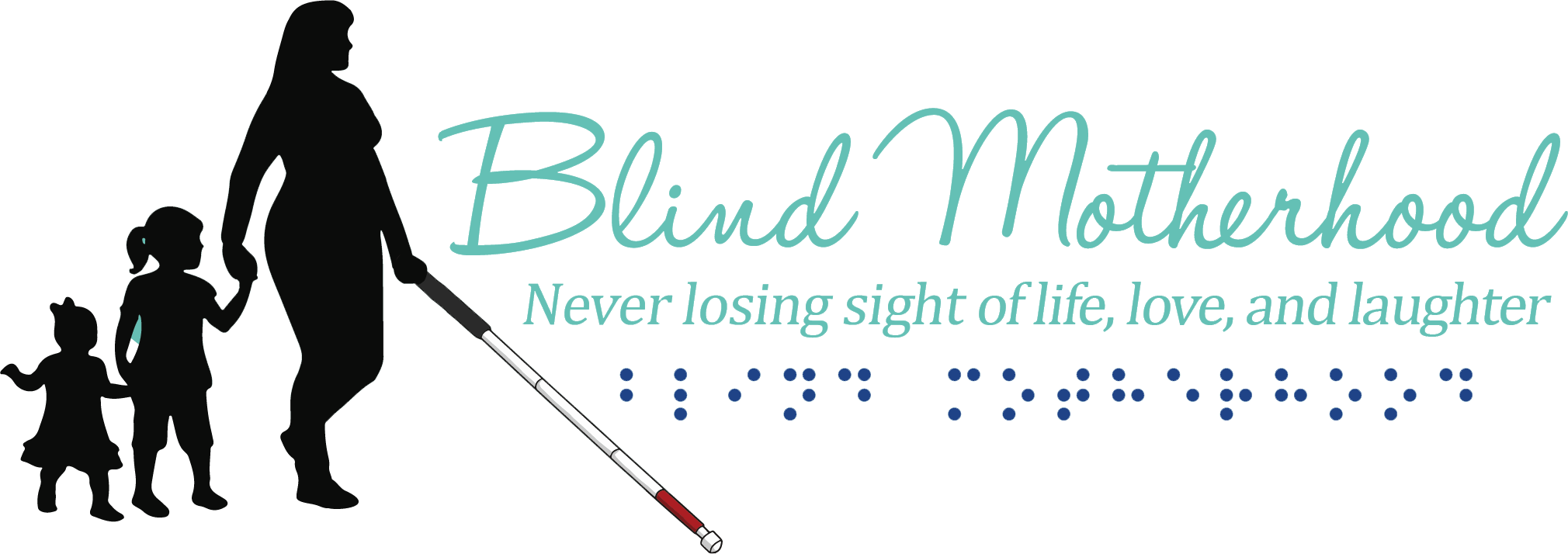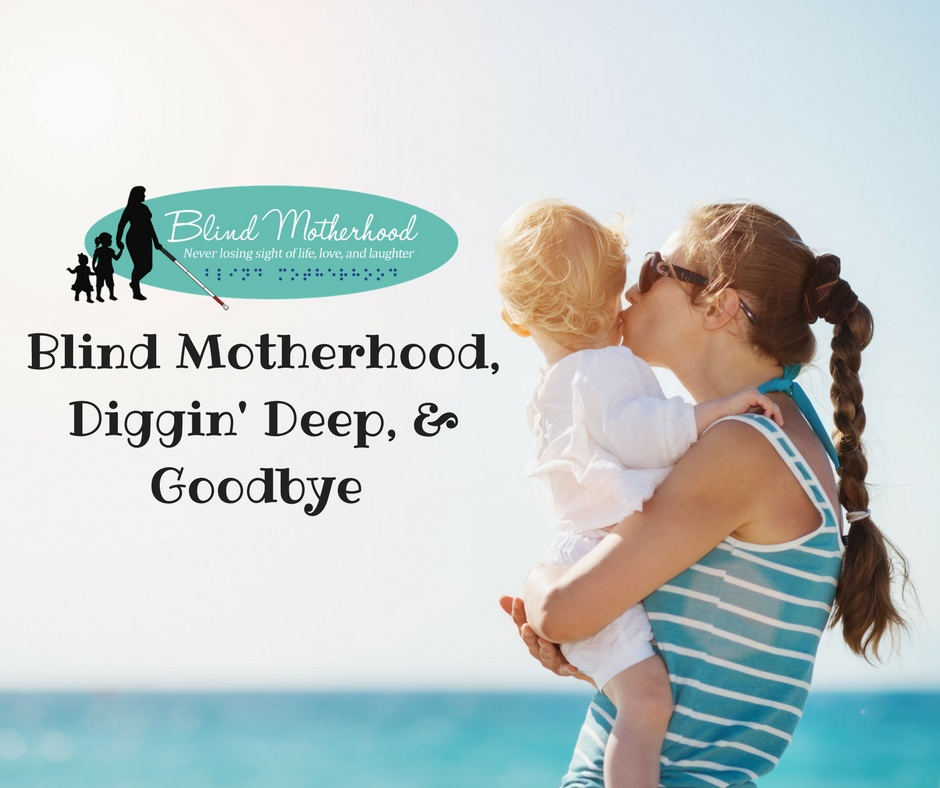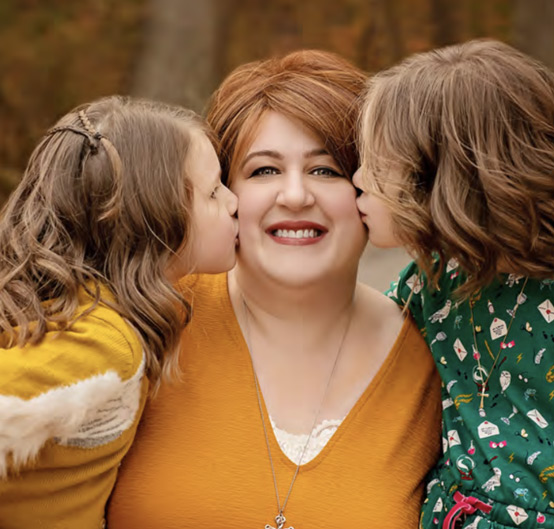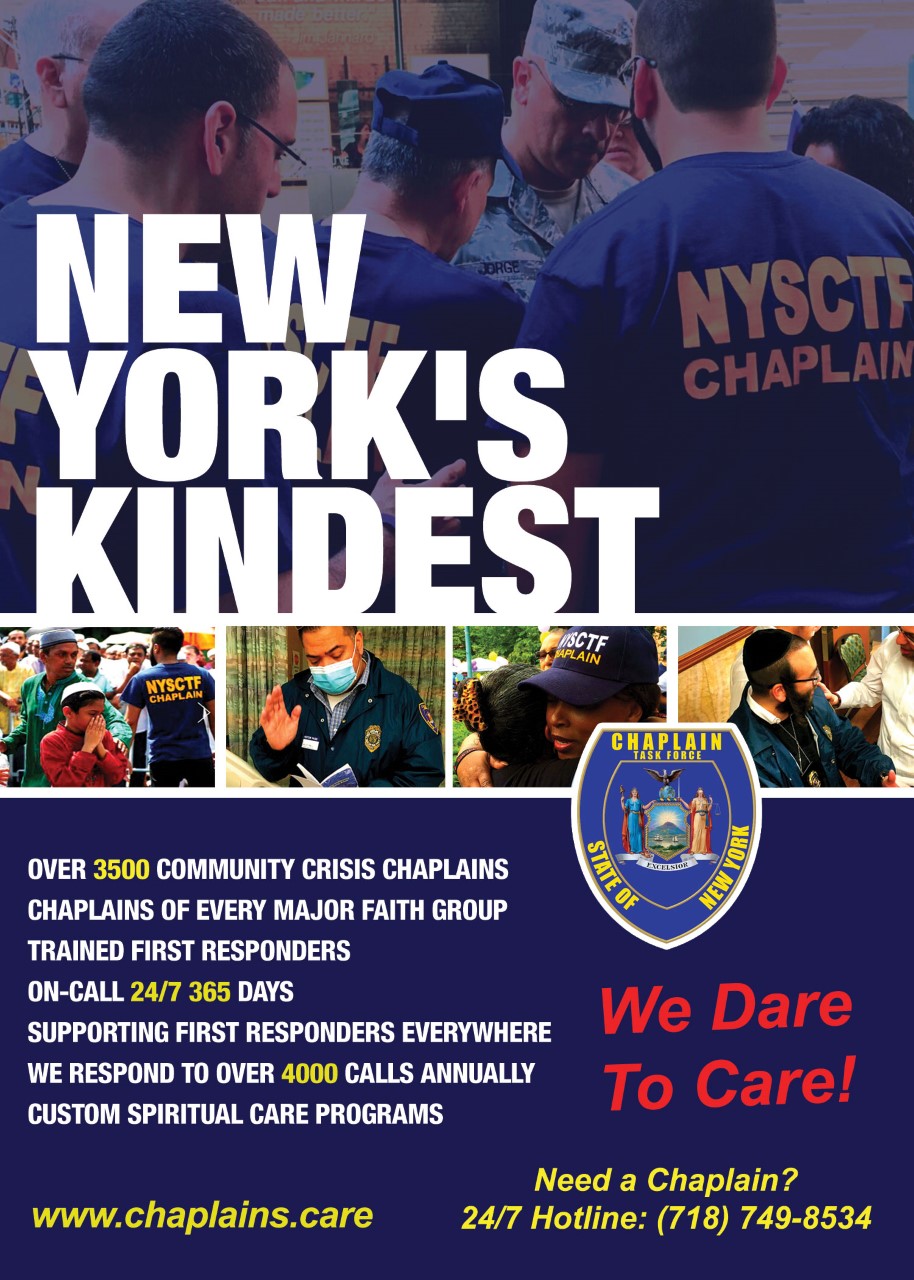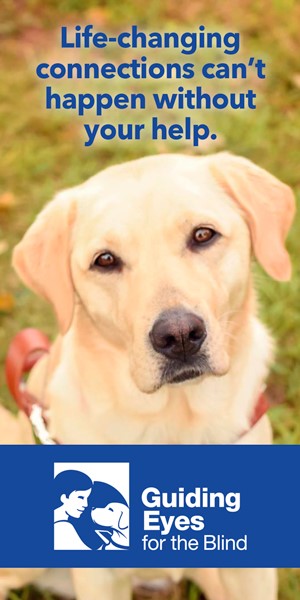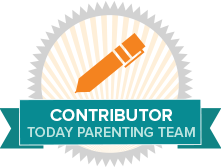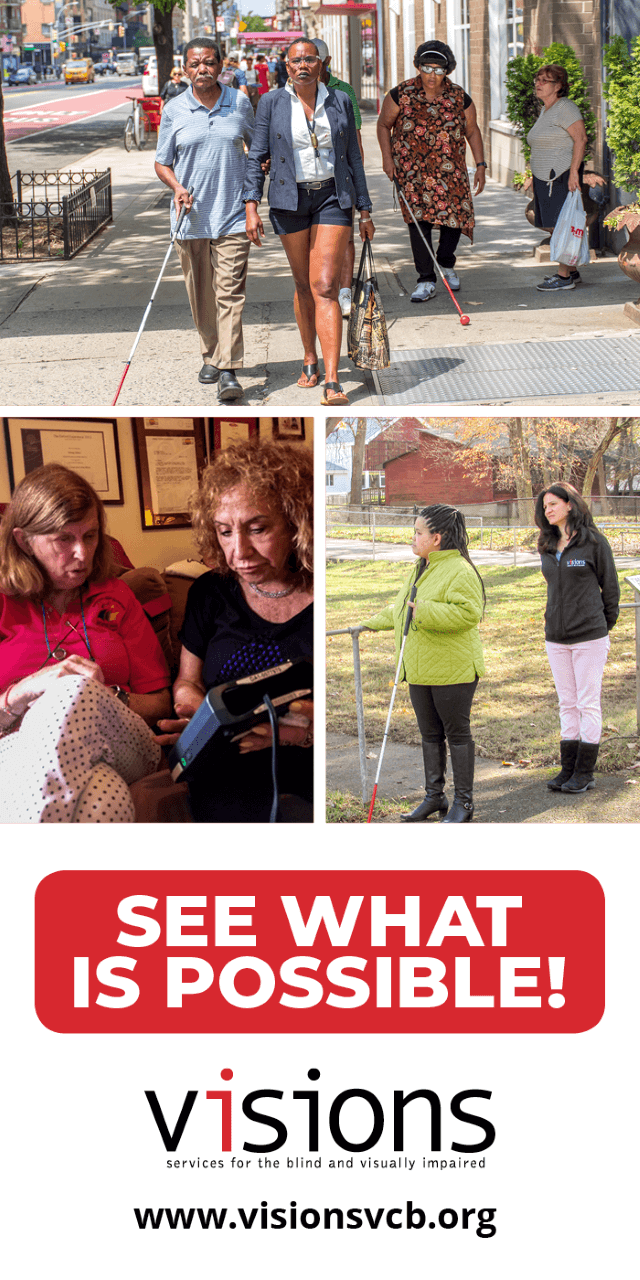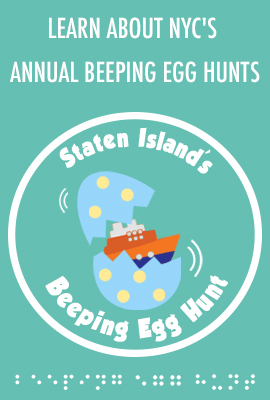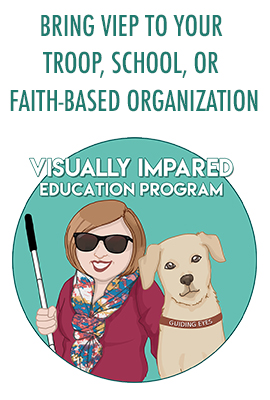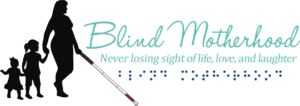“Goodbye.” The term has a sense of finality to it, a pre-determined way of communicating a means to an end. Goodbyes are not meant to be accidental, but mark a definite point in time. For some of us the word, “goodbye” is not easy to use; it can be difficult to say, but there are times in parenting where you need to dig deep and break a connection. As a disabled parent, I feel I am constantly being asked to prove myself as a mom to people who don’t really matter. Being a blind mother has taught me to embrace “goodbyes” because it’s the only way I can move forward in a healthy space to raise my daughters.
Interrogation During Pregnancy:
I realized relationships were going to change when I was expecting my first child. I was a blind woman who was overwhelmed by the number of friends, family, and co-workers who seemed unnecessarily concerned about my pregnancy. While I felt somewhat equipped to deal with inappropriate belly rubs, it was the guttural questioning and intrusive behavior that left me uneasy.
Questions about the severity of my blindness were a regular topic of conversation. Specifically, I can recall a co-worker waving their hand in front of my face, before asking if I could see it. When I answered “Yes”, their response was “then you ‘should’ be able to take care of a baby.” Feelings of my perceived inadequacy took a toll on me both mentally and physically.
After I brought my daughter home from the hospital, relationships again shifted. My new baby caused an influx of visitors. I was already a nervous new mother trying to bond with my child. I was also in the trial and error phase of parenthood, manipulating tasks to decipher ways I could easily care for my daughter with my visual impairment.
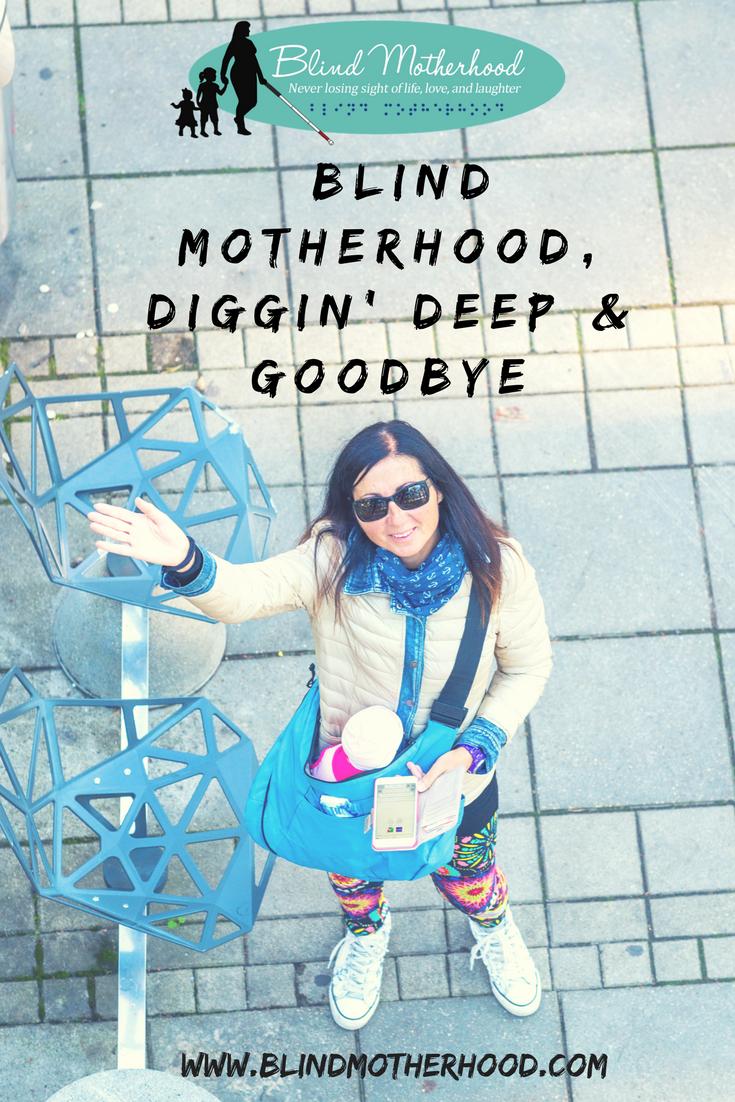
To those who extended the courtesy of a phone call to inquire if we were accepting visitors, my husband and I adamantly refused. We wanted time as a family. We needed it. And I needed privacy to recover from my painful cesarean section. Despite these factors, there were a few persistent family members and close friends who believed they could just pop by, unannounced, at a moments notice.
As soon as these people would enter our home, my sleeping baby would be picked up from her bassinet and passed around like a hot potato. I would excuse myself to use the restroom only to come back and find my newborn daughter being bathed, changed or fed without my consent.
“I just gave the baby a bath while I was here. With ‘your condition’, you might drop her in the sink.”
“She wasn’t wet, but I changed her anyway. I wanted to check and make sure you didn’t miss any diaper rash.”
“I know you said you just gave her a bottle, but I gave her another two ounces. After all, you can’t ‘see’ how much she’s actually drinking. You don’t want her to be malnourished.”
I didn’t know if I was losing my mind or just being hormonal. I felt like everyone was trying to take my baby from me and blatantly infringing on my maternal role. I was constantly anxious and felt extremely protective of my child. I wasn’t eating or sleeping. I was dizzy, nauseous and always sweating. As a mental health professional, I knew I needed to seek treatment. Four weeks after my delivery, I was diagnosed with post-partum anxiety.
Post Partum Anxiety & Baby #2:
According to Postpartum Support International, approximately 6% of pregnant women and 10% of postpartum women develop anxiety. Postpartum anxiety disorders such as panic disorder, obsessive-compulsive disorder (OCD) and generalized anxiety disorder (GAD) appear to be as common as postpartum depression (PPD) and may even coincide with depression.
A combination of cognitive behavioral therapy (CBT) and medication helped to curb my symptoms. However, my doctors also believed negative social stigmas regarding my perceived ineptitude to parent as a disabled woman had increased my risk-factor for this diagnosis.
By the time my second daughter was born twenty months later, I had found my parenting groove and my voice. I didn’t let allow anyone to come visit me in the hospital. I also refused visitors to my home. The end result? No signs of post-partum anxiety with my second child.
My daughters are now 5 and 3 years old. Many people who were present in my life when I had my first child are no longer a part of our world…and that’s okay. The friends who remain respect me and my ability to parent. While you can choose your friends, you can’t choose your family. You get what you get and sometimes you’re forced to make the best of it. However, that doesn’t mean you need to raise your children in a volatile environment or suffer during the holidays while contending with meddlesome relatives.
Dig Deep & Say “Goodbye”:
It’s taken me some time, and I have had to dig deep, but I’ve decided I am done tip-toeing around other people’s issues relating to my mothering abilities. My children are getting older and they don’t deserve to be subjected to the negativity that they will undoubtedly recall as they traverse into adulthood. I am taking a stand and cutting out the unnecessary stress. When you dig deep, it doesn’t matter how you choose to say it, only that you mean it.This disabled mother has learned to say “Good-Bye.”
Don’t think I can take of my children because of my disability? “Goodbye.”
Inappropriately concerned about my kid’s health and well being because I’m parenting with a disability? “Farewell.”
You think I am required to answer your intrusive questions about how I accomplish everyday tasks as a disabled parent? “Adios.”
Don’t have kids, but have an opinion on how I’m raising mine while disabled? “Ciao.”
Think you deserve a relationship with my children, but you intend on being blatantly disrespectful towards me, their mother? Sorry (Not Sorry) “Au Revoir.”
I’m done with explaining how I mother.
I don’t have to justify myself or my parenting to anyone – and if you’re a disabled parent, neither do you.
We shouldn’t have to live in a constant state of anxiety because friends, family or strangers refuse to understand how we’re raising our kids. If someone isn’t willing to treat you with the same amount of dignity and respect afforded to every non-disabled parent, then – you need to get it together – dig deep – make an informed decision about the relationship – and utter these words “Goodbye.”
